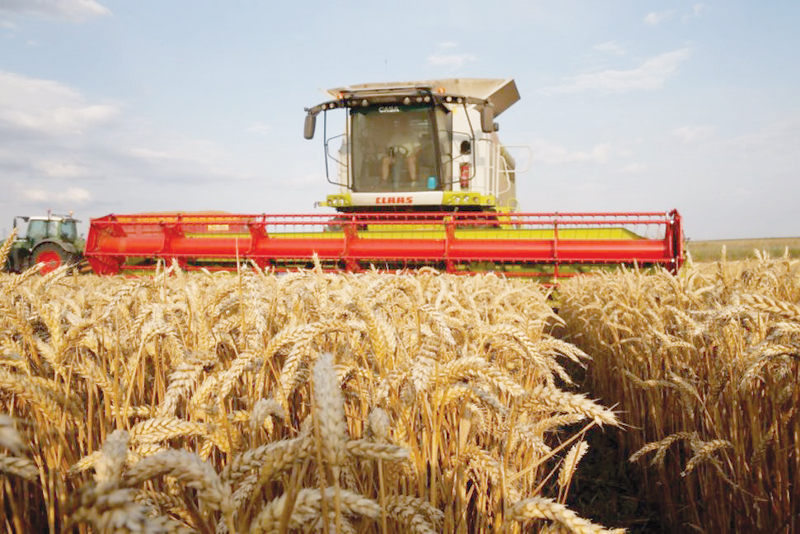

PARIS: France, the European Union’s largest farm producer, plans to raise regulated minimum food prices and limit bargain sales in supermarkets in a bid to increase farmers’ income, Prime Minister Edouard Philippe said.
The move is part of a wider field-to-fork review that closed on Thursday.
Farmers, an important constituency in French politics, have long complained of being hit by a price war between retailers, which has benefited consumers but hurt producers down the chain.
The measures will be put in place for a trial period of two years, Philippe said.
RAISING MINIMUM PRICES: Selling at a loss is forbidden in France.
To determine the minimum level at which retailers are allowed to sell a product, France has set a Resale Below Cost (RBC) threshold.
The RBC threshold is currently defined by the product’s basic purchase price, minus discounts, plus transport costs to the retailer’s warehouse.
The government will propose to raise the RBC threshold by 10 per cent, Philippe said at the close of the food review. “The aim is to rebalance trade relations for the benefit of farmers’ income,” he said when describing the proposal.
The rise would include some of the additional costs already supported by retailers, such as the cost of logistics and staff needed to bring products from warehouses to the shelves, food industry group Ania said.
This will increase the end-price of all products sold between the current RBC threshold and
the new one — but not necessarily more expensive ones.
PROMOTIONS REGULATION: The government will propose limiting discounts on food products to 34 per cent of a product’s price and to 25 per cent of available volumes, Agriculture Minister Stephane Travert said.
This means that retailers will be able to do promotion offers such as ‘three products for the price of two’ but only for a fourth of their supplies for that product.
The war in prices had led to rebates of up to 70 per cent, which are most often supported by food producers.
The aim of the measure is to avoid consumers losing the sense of prices.
IMPACT ON FRENCH RETAIL SECTOR?: Analysts say the measures would reduce aggressive price competition among French retailers and accelerate food inflation, potentially benefiting retailers’ profit margins in the short-term.
“This should calm down the (price) game a bit but the most aggressive players on prices may be tempted to parry an attack,” Raymond James analyst Cedric Lecasble said.
WHICH RETAILERS ARE BEST PLACED?: A softer competitive climate could come as a relief for retailers like Carrefour and Auchan, whose profitability is under pressure and whose hypermarkets sales suffer from aggressive price discounting from the market’s dominant player, Leclerc, Barclays analyst Nicolas Champ said.
Leclerc is now the leading retailer in France with a national market share of 21 per cent against 20.5 per cent for Carrefour, the latest Kantar data show.
Accelerated food inflation could also lead some consumers to trade down, which could benefit hard discounters like Lidl.
The limitation of promotions could also benefit discounters who have mostly Every Day Low prices strategies and reduce the attractiveness of the hypermarket stores, which are more focused on promotions.
WHEN CAN WE EXPECT AN IMPACT?: The government’s aim is to present draft legislation to Parliament early next year, Philippe said.
Analysts say the measures are unlikely to have an impact on the food chain before the second half of 2018.
WHO WILL PAY THE BILL?: Ania had estimated that a rise of 15 per cent in the RBC threshold would cost consumers an average of 30 cents ($0.36) per person and per week.
Prices of products currently sold lower than the new RBC floor level — mostly products used to attract consumers such as Ferrero’s Nutella or Coca Cola soft drinks — would rise mechanically.
DOMINO EFFECT: The government hopes that the measures will prompt retailers to loosen pressure on suppliers and food makers who would then pass at least part of the rise onto farmers. But some are doubtful that this will happen. — Reuters
Oman Observer is now on the WhatsApp channel. Click here



